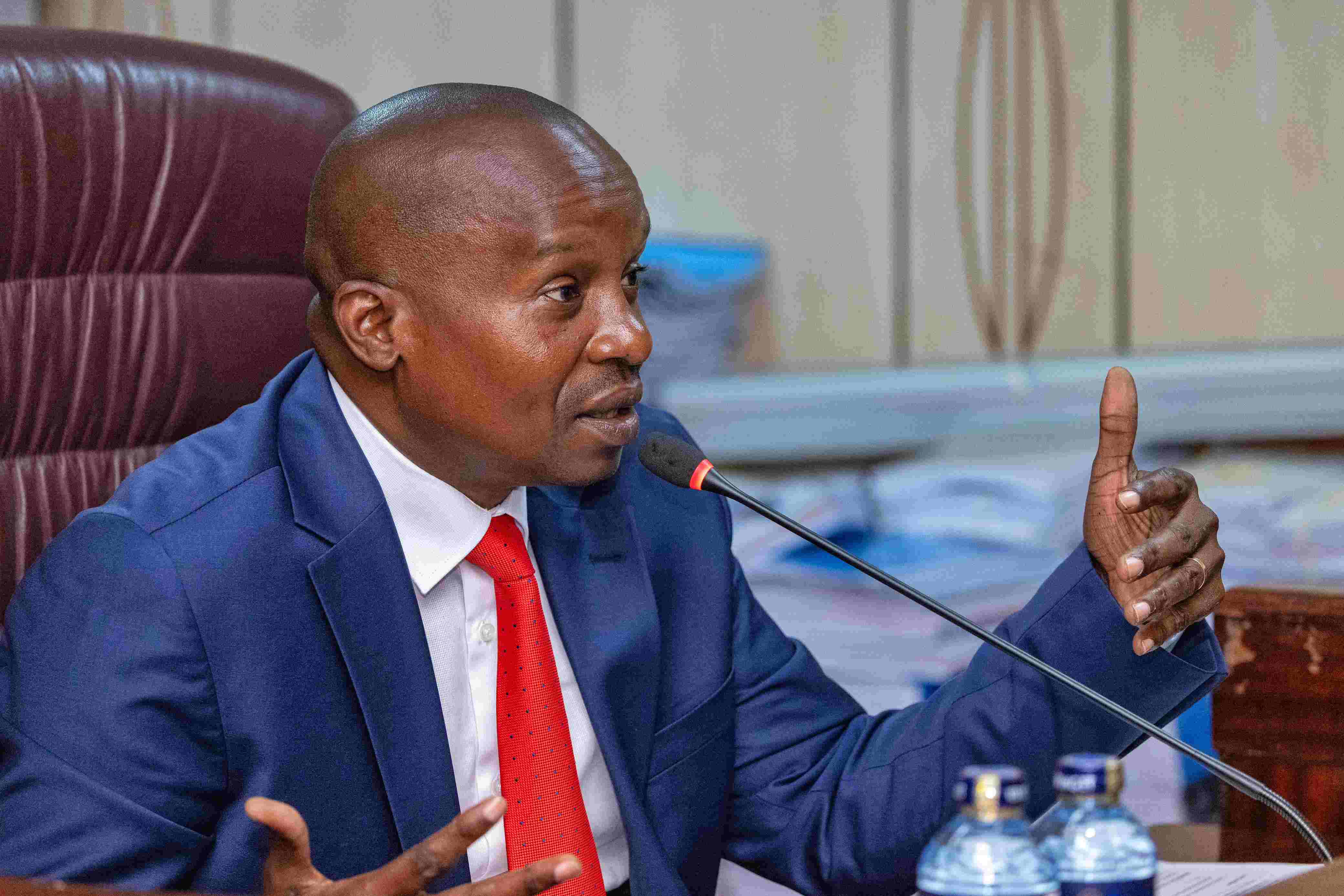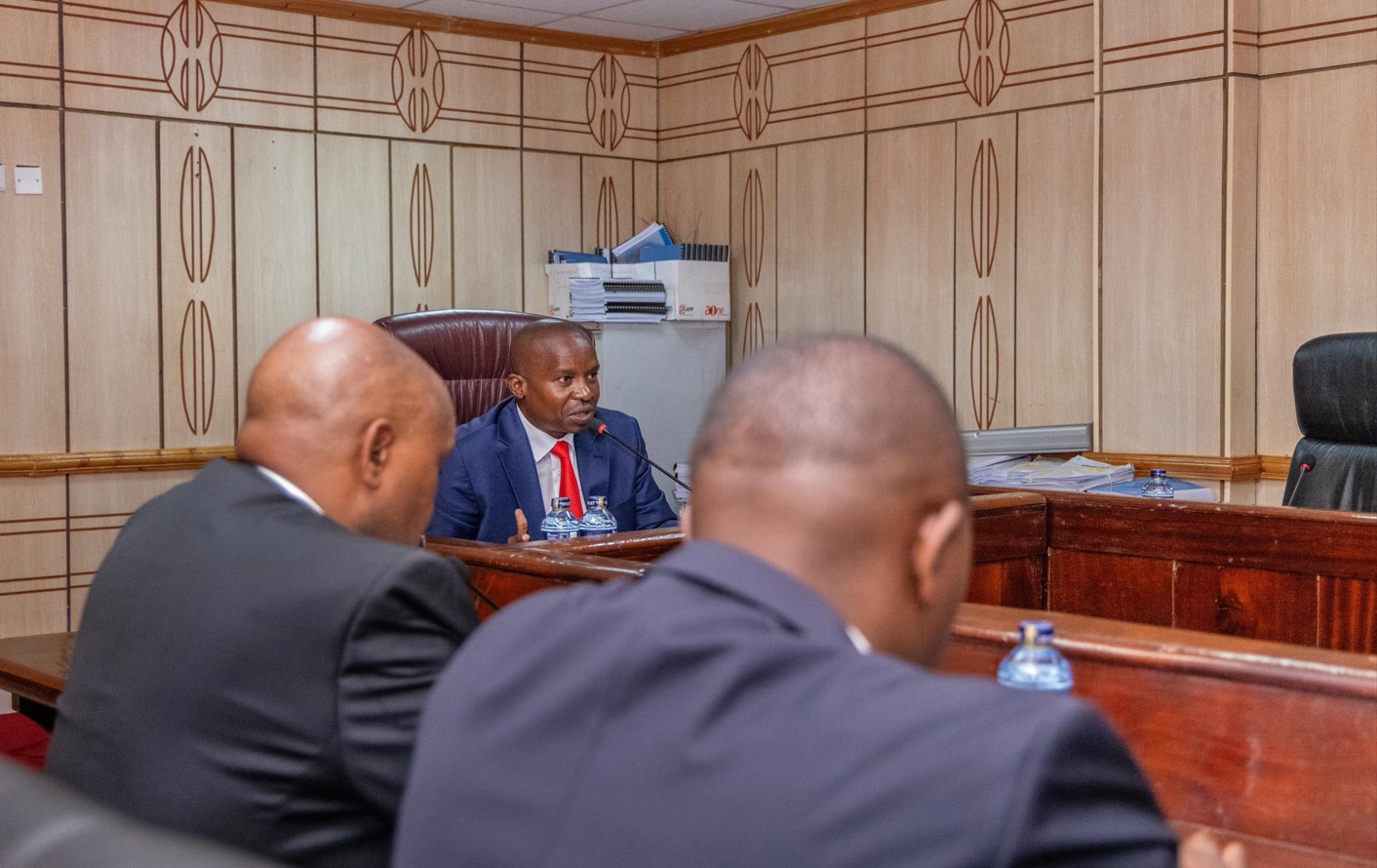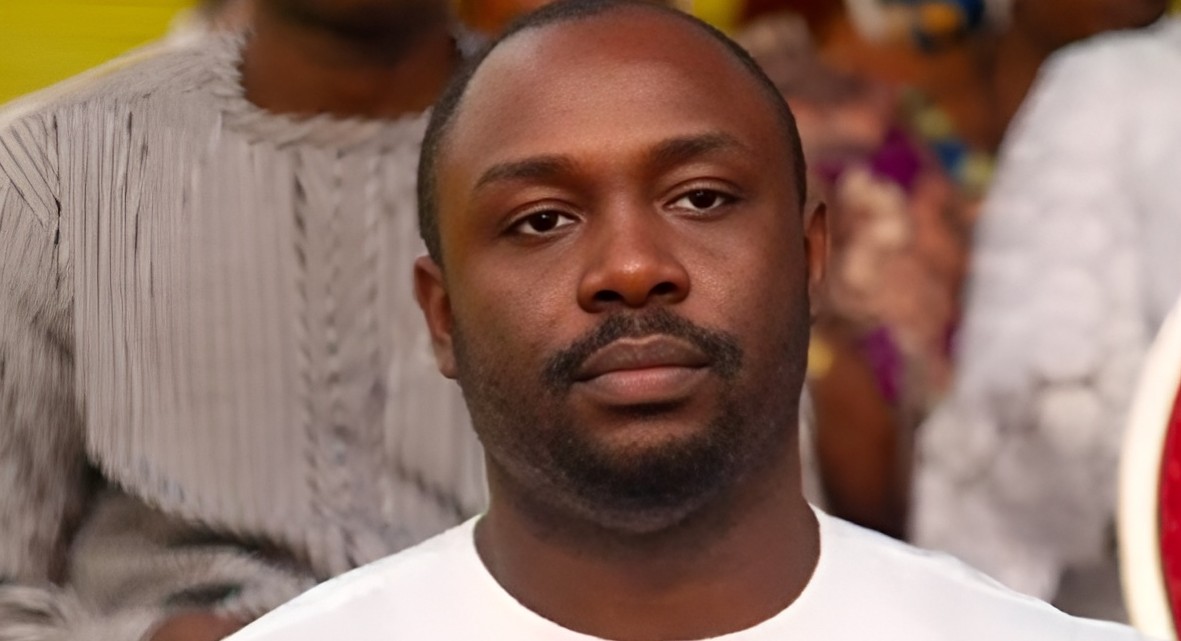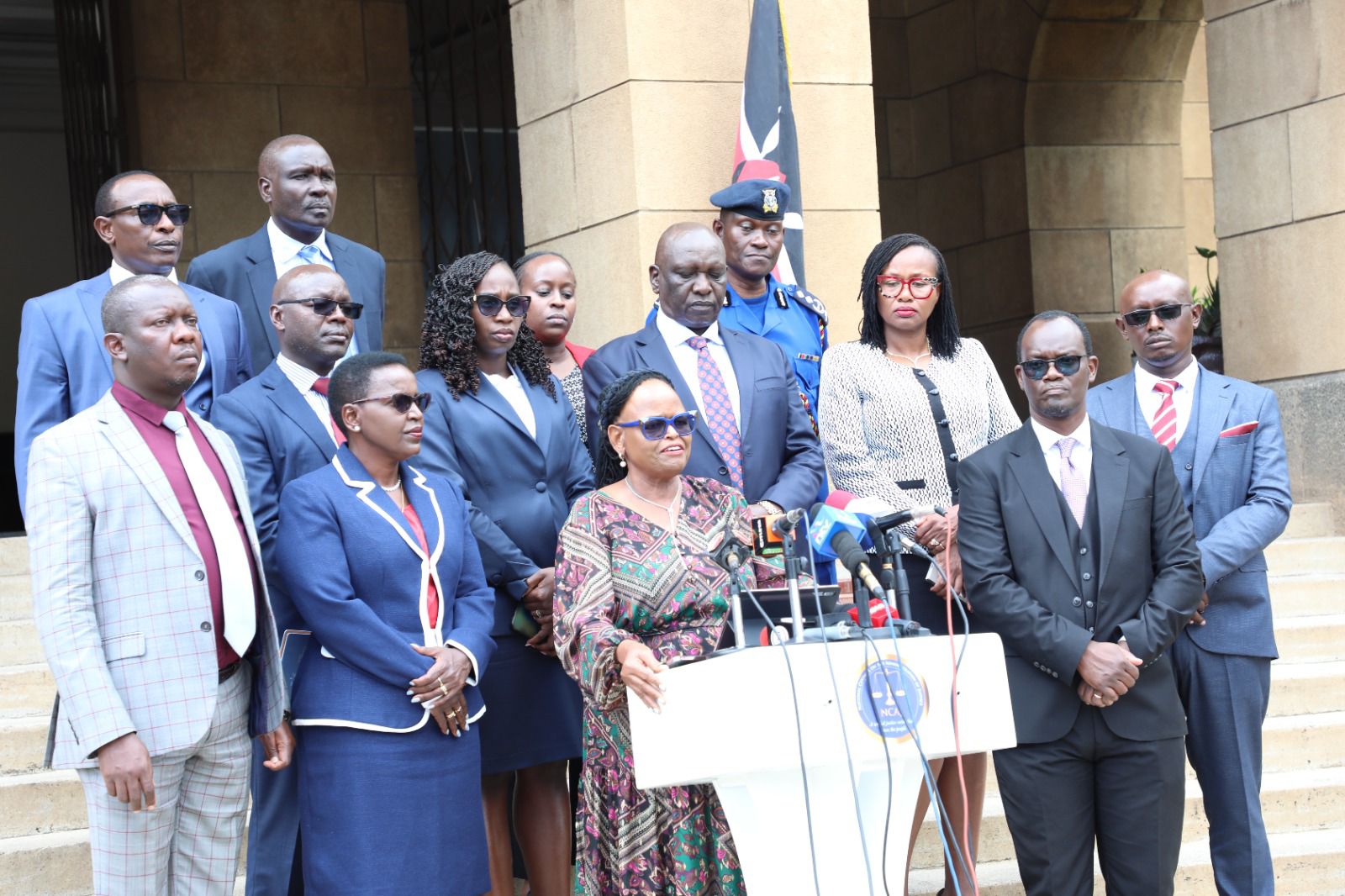State to regulate TikTok amid public safety concerns

Amongst the demands are evidence of age and content filtering processes and measures taken to ensure the privacy of users and levels of compliance with Kenyan laws.
The National Security Council is looking into risks exposed to Kenyans via the social media platform TikTok before issuing a directive that could see it hit with more regulations, following increased complaints about the application.
Speaking while appearing before the National Assembly's Petitions Committee to respond to a petition by Bob Ndolo on the banning of TikTok in Kenya, Interior Cabinet Secretary Kithure Kindiki said part of what is being assessed is the benefits of the app to the economy of the country in comparison to the dangers it poses to Kenyans.
More To Read
- How Nairobi vendors are cashing in on trending pineapple-chilli snack
- Australia to ban social media for children under 16 on Wednesday
- Inside the rise of news influencers transforming media in Kenya, Nigeria and South Africa
- Faith under fire: How social media fuels rising attacks on religions, followers in Ethiopia
- TikTok’s new controls let users decide how much AI content appears on their feed
- Social media can cause stress in real life - our ‘digital thermometer’ helps track it
He said while it's a bit premature to tell whether the dangers outweigh the benefits, as "we have no evidence to support that" based on a government assessment, Tiktok like the rest poses a real danger to public safety and security when misused by criminals to spread malicious content, generate propaganda for war including by terrorists groups to spread their ideologies and fear.
"Criminals are also using this platform (TikTok) to steal, hijack, and control popular accounts and demand ransom to release accounts back to their owners. This hijacking has also embarrassed public officials, celebrities, and high-profile individuals and the platform has also been used to lure Kenyans into fake financial transactions and jobs," he said.
He noted that the biggest violation however has been the violation of Kenyans' privacy through the use of the space to generate offensive sexual content including spreading pornographic material and exposing children to pornographic content.
"This platform is being used to post intimate images, especially through the live feature some of it is deliberately posted there and some of it is maliciously posted forcing children into early exposure to destructive content. These risks pose severe distress to our society," added Prof Kindiki.
As a result, the Ministry has issued a series of demands to TikTok to ensure it complies with Kenyan data laws.
Amongst the demands are evidence of age and content filtering processes and measures taken to ensure the privacy of users and levels of compliance with Kenyan laws.
"We are in active engagement with the owners of this platform and soon we will be making certain decisions for the interest of the country," added Prof Kindiki.
 Interior Cabinet Secretary Kithure Kindiki appears before the National Assembly's Petitions Committee on March 21, 2024. Photo: Ministry of Interior and National Administration
Interior Cabinet Secretary Kithure Kindiki appears before the National Assembly's Petitions Committee on March 21, 2024. Photo: Ministry of Interior and National Administration
A petitioner has called on members of parliament in Kenya to ban the use of popular social media application TikTok saying it is a contributor to erosion of cultural and religious morals in the society.
In his petition to the National Assembly, the Executive Officer of Bridget Connect Consultancy Bob Ndolo called on MPs to move with speed and ban the use of TikTok in the country as it is exposing young people to explicit sexual content.
National Assembly leader of Majority Kimani Ichung'wa disagreed with a total ban of the app claiming it could cut off revenue streams for multiple Kenyan youth and instead called for innovating ways to have it regulated.
Kindiki called on the committee to have a long-term comprehensive look at things and help the country make an informed solution.
"We must not look at these platforms as merely social media and communication drivers or platforms but as part of the critical web of the drivers of the fourth industrial revolution that will define the future of the world," he said.
He added that the question of whether to ban or not is so complex and consequential that it's not easy for the government to look one way and make a decision.
"Going forward, we should create the fourth arm of our country's defence to guard our cyberspace whose potential of harming the country is huge," he added.
In terms of quantifying the benefits the country makes from the site, Kindiki said the Treasury is best placed to give the figures but called for collaboration between his ministry, Treasury, Ministry of ICT, KRA and the Directorate of Creative Economy in establishing wholesome value the app adds to the economy.
"If something is of significance value, we can have regulated control so that there's no total ban. We believe that the place of social media and big data has come of age and it's up to us to see what we can do to see that it does not destroy us," he explained.
He said a ban cannot happen instantly as the app must be allowed to go through the requisite processes and be heard before such a move is made.
"The law demands that the person affected by an administrative action be heard before action is taken. We will however not depend on what they tell us, we will verify and triangulate it, we have a way of doing that," he added noting that Kenya will make an independent decision on the action to take without falling for undue pressure from external players.
As for China banning the app it created, Kindiki said one can create a technology and not use it.
Top Stories Today

















































